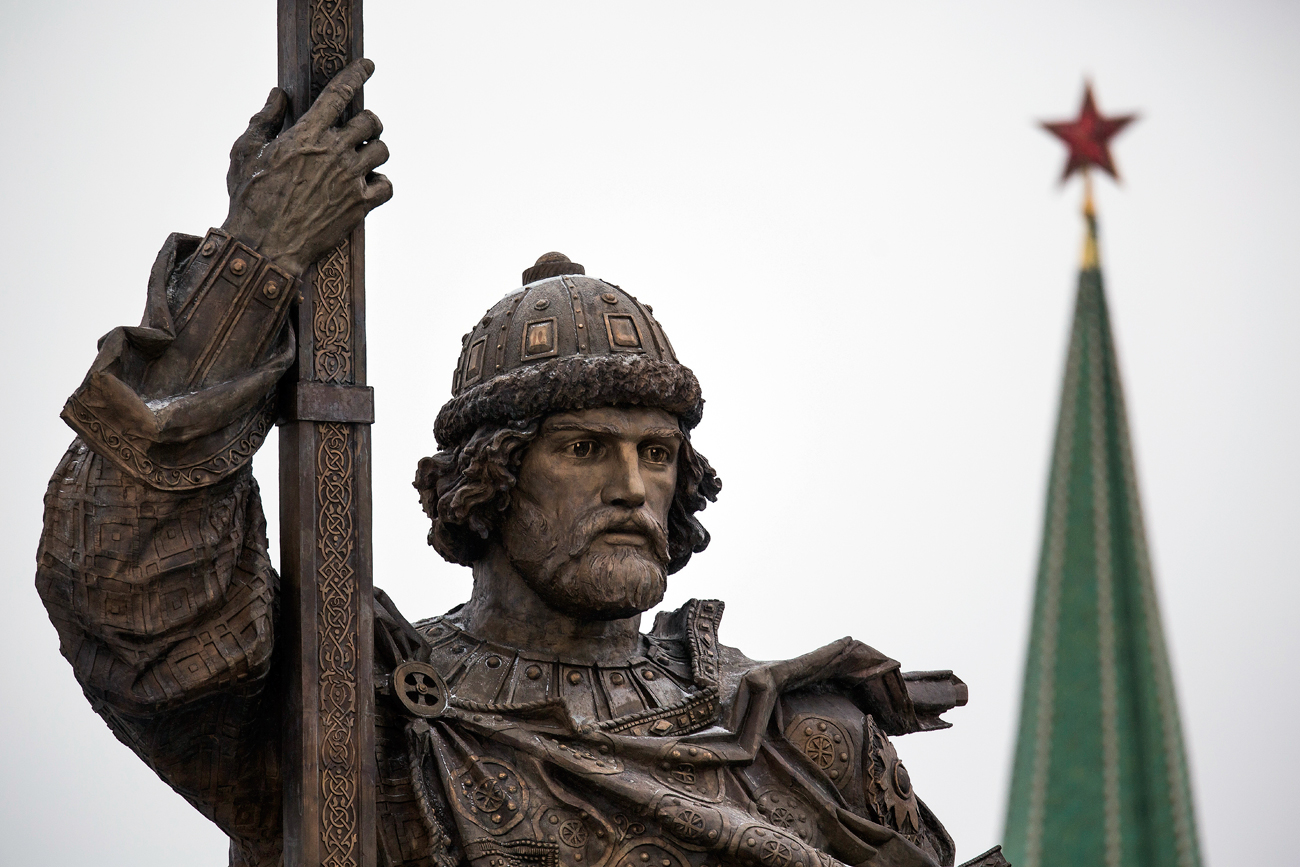16 NOVEMBER 2022
12:00 ET | 17:00 LONDON | 18:00 PARIS | 19:00 KYIV
Register for Zoom link here.
Presentations
Svitlana Olianina (Аrt historian and Conservator, Head of the Department of Graphic Arts of the National Technical University of Ukraine “Igor Sikorsky Kyiv Polytechnic Institute ” in Kyiv)
Title “Ukraine’s Baroque Iconostasis – Lost Masterpieces”
Abstract Elaborate iconostases in the Eastern Christian churches of Ukraine became widespread in the Baroque period. This presentation focuses on the development of iconostasis building in Ukraine during the 17th and 18th centuries, as well as the history of destruction of the Ukrainian Baroque iconostases. The state of lost, fragmented, or decimated iconostases in Ukraine reflect long periods of tragic pillaging and destruction of artifacts of Ukrainian heritage culture, especially in modern times.
***
Danylo Sudyn (Associate Professor at Sociology Department, Ukrainian Catholic University, Research Fellow at the Department of Social Anthropology, Institute of Ethnology, National Academy of Sciences of Ukraine)
Title “Ukrainian Historical Memory Since 1991: From Post-Colonial Ambivalence to Anti-Colonial Self-Definition”
Abstract
In this paper transformations of Ukrainian historical memory since 1991 will be discussed. Using data collected by sociological surveys major trends in changing attitudes towards Ukrainian past will be presented. Ukrainian historical memory until February 24th, 2022 was focused around two major narratives – Soviet and Ukrainian. Both of them weren’t homogeneous, as they consisted of several variations. This heterogeneity allowed avoiding tense conflicts around historical memory in Ukrainian society, as variations of these narratives formed certain continuity. But historical memory wasn’t only ‘catalogue’ or list of important dates and figures in Ukrainian history. It also represented identity and values. Transformation of attitudes towards Stalin, Holodomor (Great Famine) 1932-33 and Chornobyl disaster 1986 are vivid indicators in values and identity changes in Ukrainian society.
Russian invasion February 24th, 2022 has largely influenced Ukrainian historical memory. Although there are sociological surveys, a lot of information can be found in visual images. They show two major changes. First, historical memory in Ukrainian society has become values-driven, i.e., concentrated around central values, uniting Ukrainian society. Before 2022 it was more events / figures based. Second, historical memory has become part of everyday life – in form of murals, images on T-shirts or even memes. These images combine both ‘tradition’ (important figures / events from the past) and modernity (contemporary challenges, values, identities). And this trend show post-colonial liberation and acceptance of Ukraine’s own past with visions and plans for future.
***
RESPONDENT
Alexandra Vukovich (Lecturer in Late Medieval History at King’s College London)
Title “Politics and Historiography: Weaponizing Pre-modern Northern Eurasia”
Abstract My remarks deal with medievalism as a political force in modern nationalist political movements in Northern Eurasia. The role of medieval artefacts, objects and narratives, in modern politics draws from earlier currents of nationalist thought, but has gained a specificity in drawing clear ethnic and national boundaries, even where those are directly contradicted by those same medieval artefacts. Here, the Kremlin’s politics will be explored through the lens of medievalism and its contradictions.
Return to the lecture series here.
